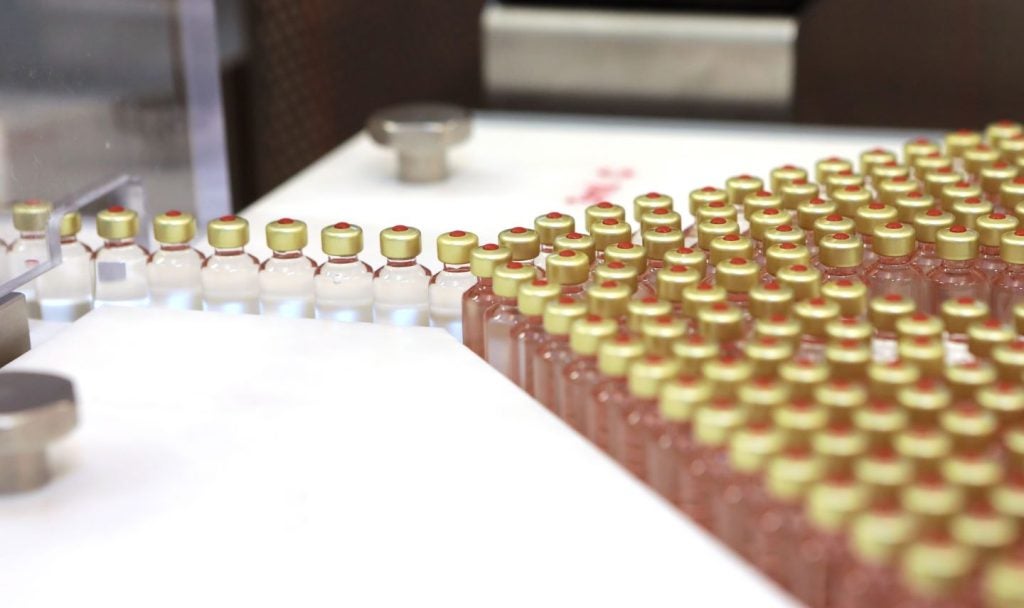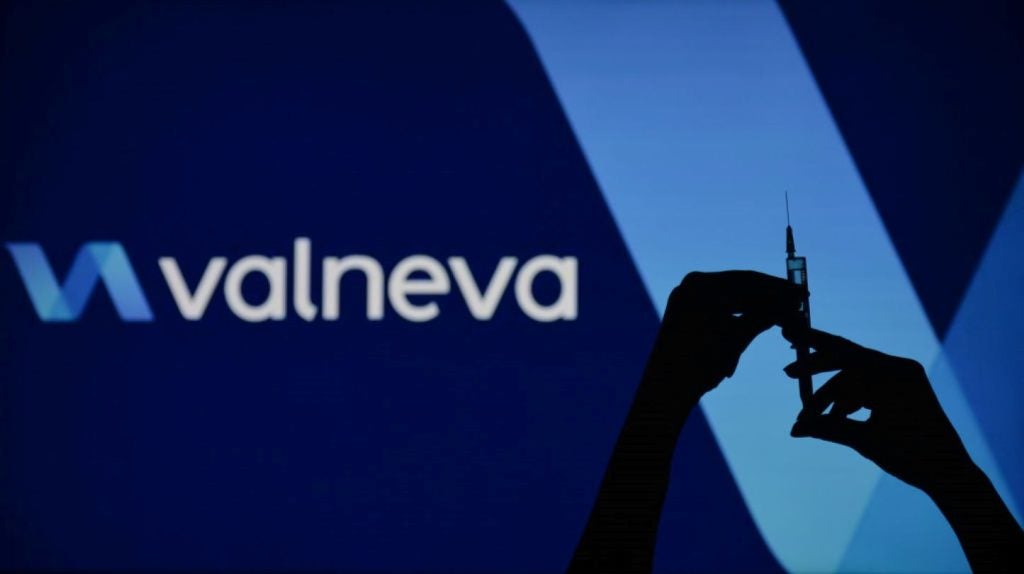Sanofi has announced a significant investment of €1.3bn ($1.4bn) to increase its insulin production capabilities with an expanded facility in Frankfurt, Germany.
The facility will cover 36,000m² at Sanofi's existing BioCampus site and become operational in 2029.
Sanofi will execute the project with support from the German national government and the Hesse state government, subject to European Union approval.
Sanofi manufacturing and supply global head Brendan O'Callaghan stated: “With this project, we reaffirm our commitment to help diabetes sufferers around the world.
“We’re using the long-time expertise of our Frankfurt BioCampus and its highly qualified personnel.”
The investment comes in the wake of the German government's adoption of an official pharma strategy in 2023 to bolster support for pharmaceutical companies. The approach also aids in streamlining approval processes and enhances conditions for research and development within the country.
Sanofi Germany chairman Heidrun Irschik-Hadjieff said: “Our planned investment underscores the central role played by the Frankfurt BioCampus in strengthening the resilience of global insulin production.
“The strong support of both the national and regional German governments is a powerful signal for the biopharmaceutical industry.”
The German pharma strategy also attracted investments from other international companies.
US-based Eli Lilly and Company is constructing a new €2.3bn production facility in Germany and Japan's Daiichi-Sankyo and Switzerland's Roche are making billion-euro investments in the country, which is Europe's largest economy.
In July 2024, the European Medicines Agency (EMA) approved Sanofi’s Dupixent (dupilumab) as the first targeted therapy for adults with uncontrolled chronic obstructive pulmonary disease (COPD) characterised by raised blood eosinophils.
Dupixent’s approval is supported by the findings from the Phase III BOREAS and NOTUS studies.















